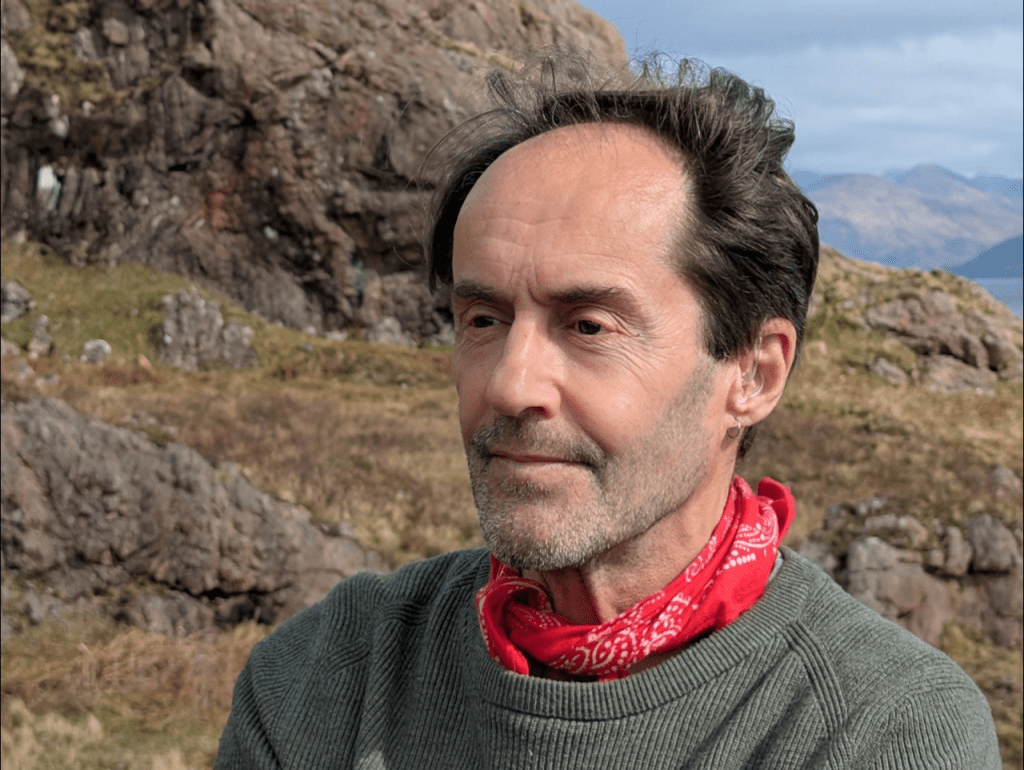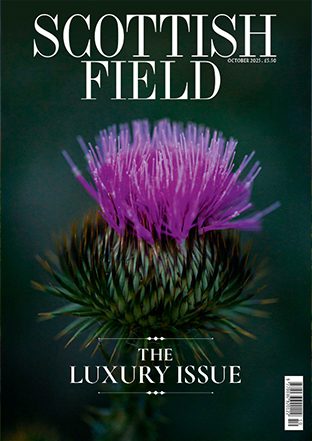Neil Ansell on the books of his childhood, the best book he has read this year, and the book that has been his ‘north star’ ever since he discovered it.
The first book I remember reading:
The earliest reading experience I can clearly recall is of a Dr Seuss book, The Cat in the Hat Comes Back, the one where you discover the amazing truth about what is under the hat. I will not spoil it for you, but let me tell you, to my preschool imagination, it was a revelation.
A book I recommend to everyone:
Ever since I first read it when I was around twenty, I have sung the praises of the novel The Woman in the Dunes by Kobo Abé. It is a strange, unsettling little masterpiece about sand, claustrophobia, more sand, the meaning of freedom, and still more sand. I would also highly recommend the 1964 film version by Hiroshi Teshigahara, if you are not put off by it being black-and-white and subtitled, which is equally sandy.
The best book I have read in this year:
I really admired Windswept by Annie Worsley, a beautifully written account of life on a croft in the Northwest Highlands, and a book utterly steeped in weather. I was also intrigued by Richard Flanagan’s Question 7; as a writer, I am always on the lookout for books by writers who are in search of novel ways to express themselves, and Flanagan certainly manages that in this very unconventional memoir.
The book I am most looking forward to:
As someone who has spent the past two or three years obsessively mulling over the nature of sound, and the sound of nature, I am intrigued by the idea of the upcoming book The Sound Atlas: A Guide to Strange Sounds across Landscapes and Imagination, a collection of essays by Michaela Vieser and Isaac Yuen, which sounds like it could be a wild ride. I always studiously avoid reading books that overlap with what I am writing about, for fear of being overly influenced by other people’s approach, but now that my book is out, I can let rip. I will no doubt end up kicking myself over things I wish I had thought of first.
A book I didn’t finish:
On my bookshelf, there is a half-read copy of The Book of Disquiet by Fernando Pessoa staring at me accusingly. Pessoa was something of a recluse, and this book was assembled out of a bundle of looseleaf pages that he left behind at his death, so it does not really have a clear beginning, middle or end, and is decidedly dense and heavy-going, though not without its rewards. One of these days I shall head back into the fray. Promise.
An author that has inspired me:
As a youngster, I was something of an adventurous reader, diving headfirst into the modernists, and reading lots of novels in translation, books that challenged my worldview. But as someone whose primary interest was in the natural world, I also spent a lot of my reading time wading through field guides and single-species monographs, books where the writing was often rather, shall we say, dry. And then in my early teens I came across Pilgrim at Tinker Creek by Annie Dillard. It was a revelation to discover that nature writing could also be literature, and in some ways that book has been my north star ever since. When I was a young tearaway and doing my On the Road thing, hitchhiking America coast to coast, and sleeping tentless by the roadside, I could not resist stopping off in the Blue Ridge mountains of Virginia, and soaking up the landscape that inspired the book. My own personal pilgrimage, you might say.
The book I am reading now:
My current read is In Search of Northern Birds, a 1941 book by the Scottish naturalist Seton Gordon which I stumbled upon in a second-hand bookshop. It was not a book I had ever heard of before, but I find it hard to pass up a book of old school nature writing that is set in the Highlands, and I seem to be slowly gathering a tiny library of them. They are like a journey into the past, but with added wildlife.

Neil Ansell has written for The Guardian, The New Statesman and The Big Issue, and has been an award-winning journalist with the BBC. His previous books include Deep Country, The Circling Sky, and The Last Wilderness which was shortlisted for the 2018 Wainwright Golden Beer Book Prize and Highland Book Prize. The Edge of Silence: In Search of the Disappearing Sounds of Nature (Birlinn) is out now.
Read more of The Good Books here.
Subscribe to read the latest issue of Scottish Field.
TAGS


